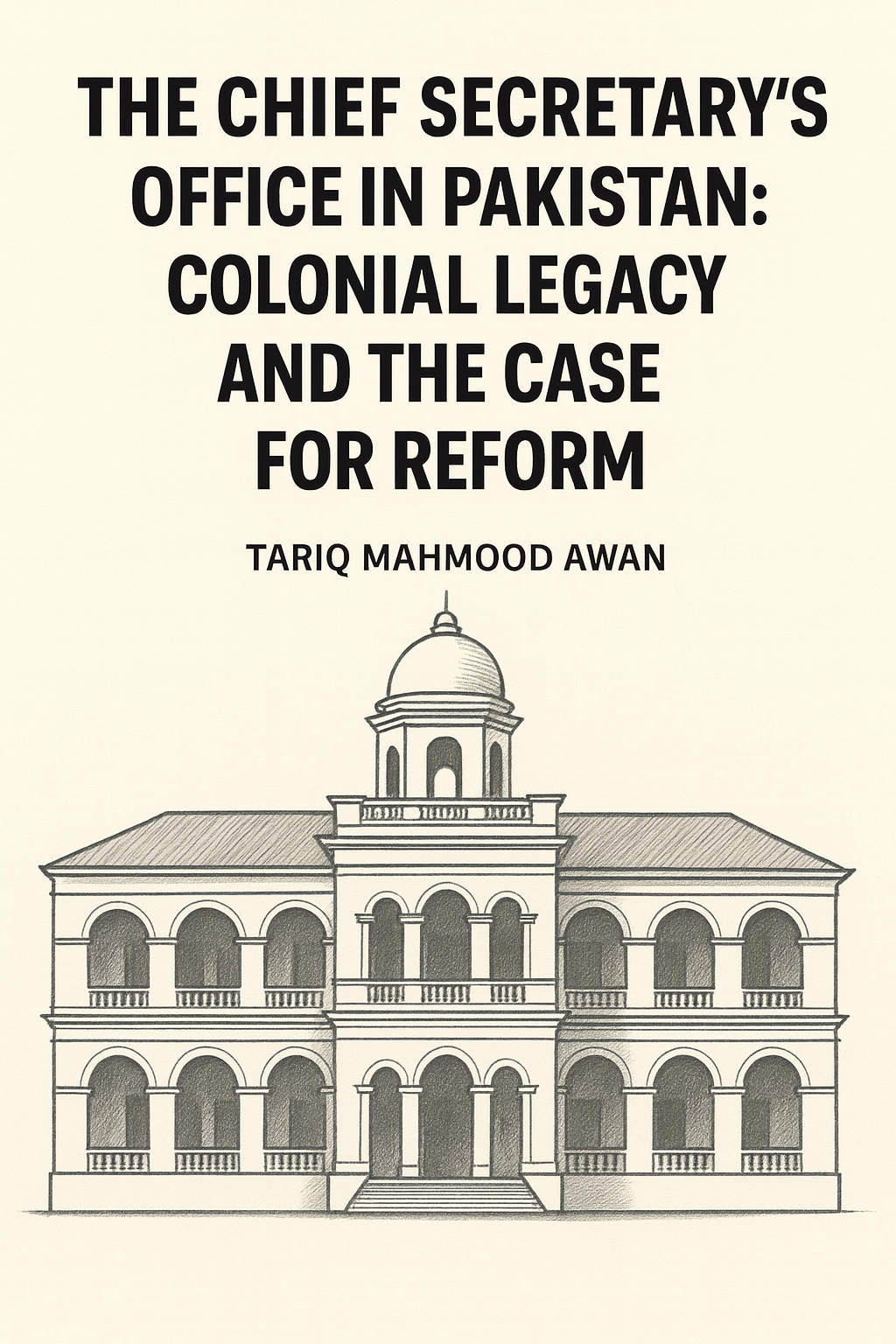The police in any state are the visible expression of its authority and its capacity to enforce law, order, and justice. They are the guardians of public peace, the protectors of life and property, and the first point of contact between citizens and the coercive power of government. In every democracy, the quality of policing is directly connected with the quality of governance: where the police are professional, impartial, and responsive, the state itself is perceived as legitimate; where the police are arbitrary, corrupt, or oppressive, the very foundations of public trust erode.
Pakistan’s experience with policing has remained deeply problematic. At independence, the new state inherited a colonial police system created under the Police Act of 1861. This statute was never designed for democratic accountability or service delivery. Its primary objective was to safeguard imperial authority, suppress dissent, and ensure compliance of subjects with colonial rule. Unfortunately, despite numerous committees and commissions, the underlying structure of policing in Pakistan has not been transformed. Instead, cosmetic reforms, administrative adjustments, and periodic rebranding exercises have kept alive the same coercive apparatus under a new flag.
The tragedy of Pakistan’s police reforms lies in their failure to address the constitutional and structural dimensions of policing. Reforms have focused on procedures, on promises of “depoliticization,” or on increasing salaries of senior officers, while neglecting the core questions: Which level of government is constitutionally empowered to establish and control the police? How should police cadres be organized? What structures of accountability are required to ensure that police power is exercised lawfully? And how should the law itself be codified to reflect the principles of a federal democratic republic?
The foremost structural challenge is the conflict between Pakistan’s federal Constitution and the actual organization of policing. Constitutionally, policing is a provincial subject. Yet in practice, senior positions in provincial police organizations are dominated by officers of the Police Service of Pakistan (PSP) — a federal cadre never established by any act of Parliament. This anomaly undermines provincial autonomy and creates dual loyalties. A provincial Inspector General, drawn from PSP, remains answerable to federal authorities rather than to the provincial assembly or cabinet.
This duality distorts accountability. Provinces cannot exercise full authority over their police forces when senior officers remain tied to federal career structures. Reform requires dismantling this anomaly through the creation of genuine Provincial Police Services (PPS), recruited, managed, and promoted under provincial laws.
Another deep flaw lies in cadre organization. Pakistan’s police have been treated as a generalist service, where officers rotate between operations, investigation, administration, and specialized wings with little regard for professional expertise. This dilutes efficiency and prevents the development of specialized skills.


